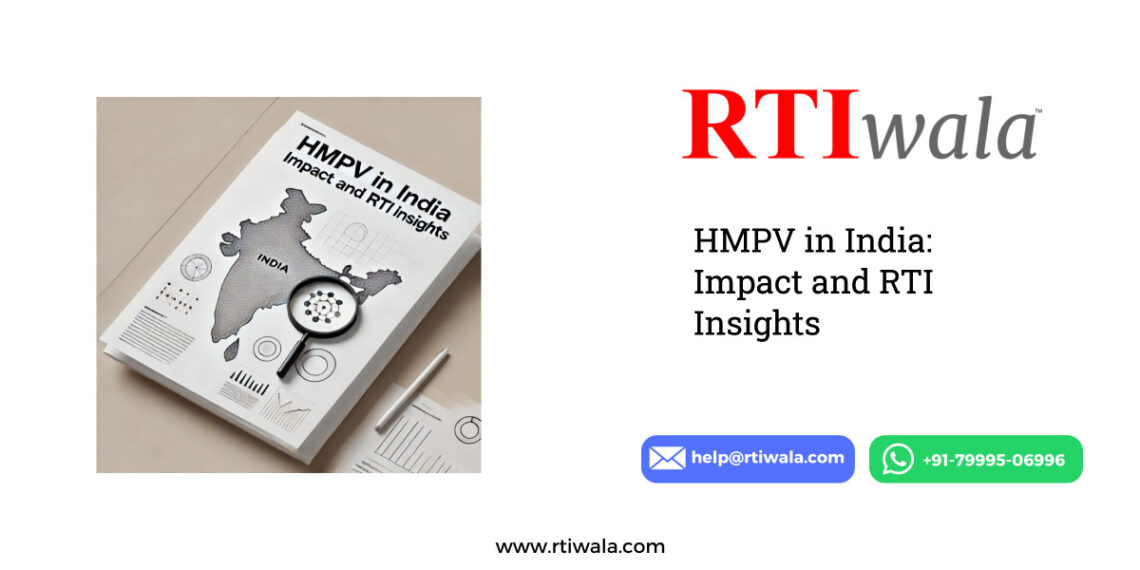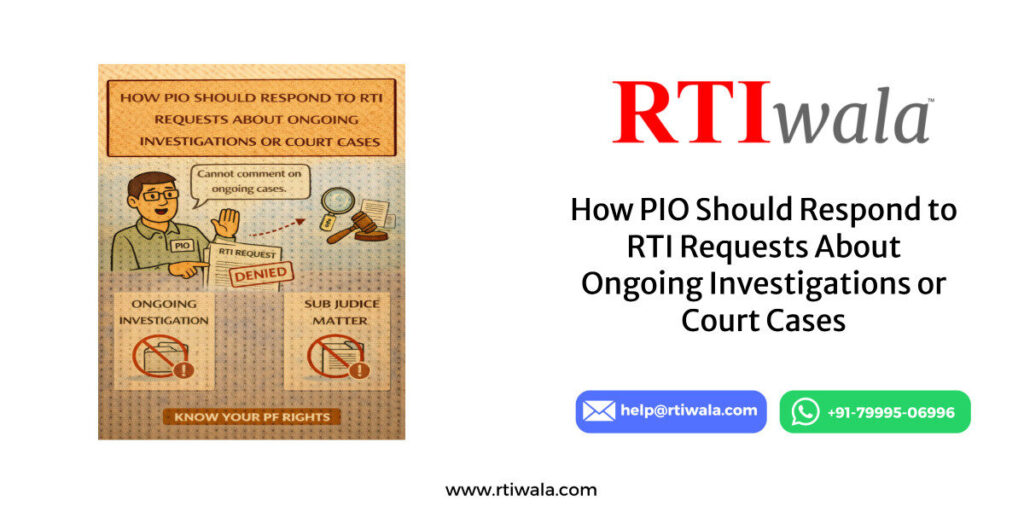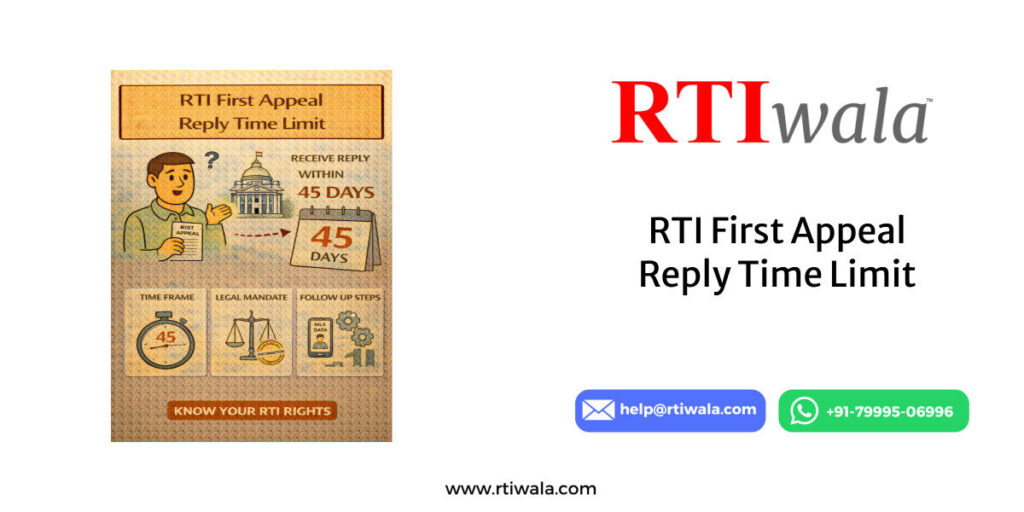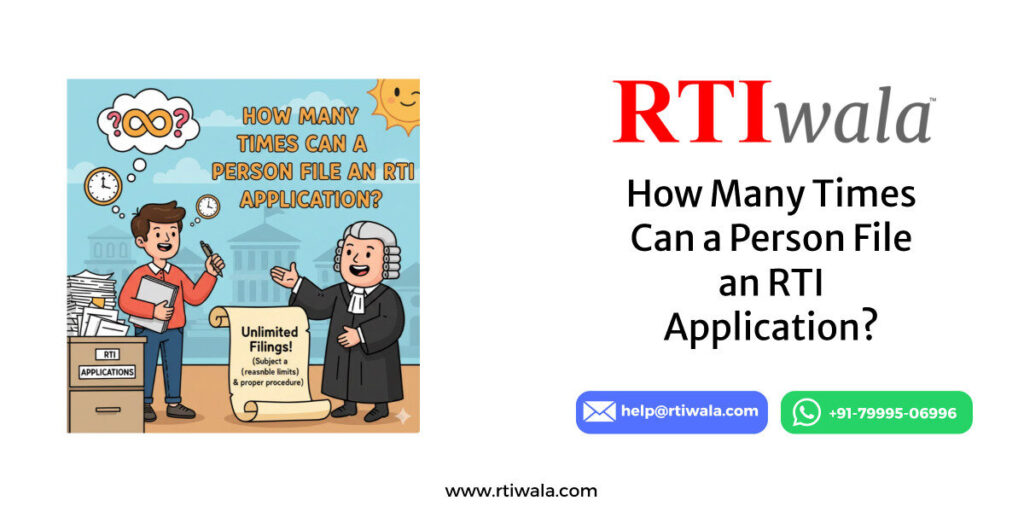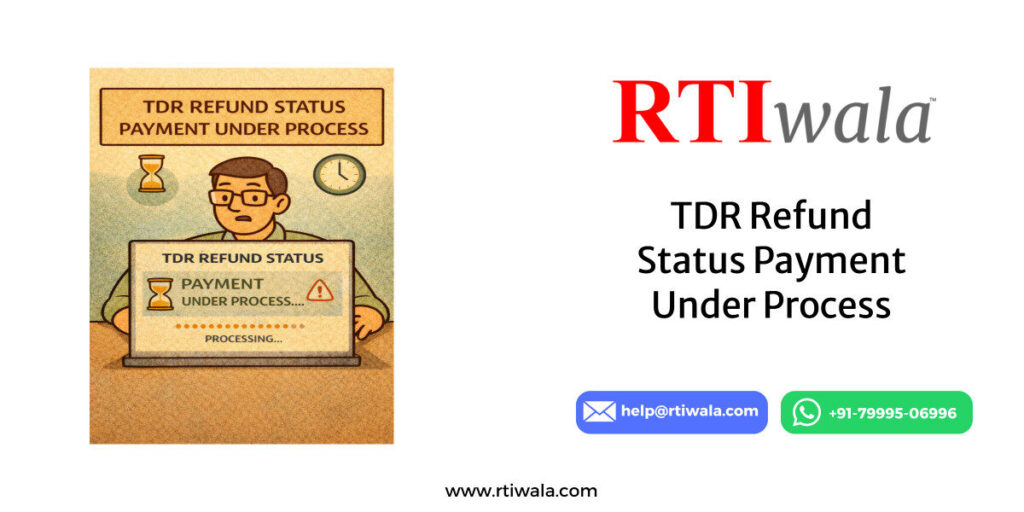The detection of the first Human Metapneumovirus (HMPV) case in Bengaluru has sparked widespread concern among investors and the public. According to reports, a baby admitted to a Bengaluru hospital was confirmed positive for HMPV, a virus known to cause respiratory illnesses similar to RSV (Respiratory Syncytial Virus). The fear surrounding the virus led to a sharp decline in the stock market, with the Sensex dropping 800 points as panic gripped investors.
This significant drop in market performance reflects how sensitive the financial world is to public health emergencies. Similar events, such as the COVID-19 pandemic, demonstrated the far-reaching impact of health crises on economic stability. Investors, particularly those with portfolios tied to industries like travel, hospitality, and healthcare, are on edge. With fear-driven market reactions, understanding and preparing for such events becomes essential for both individual and institutional investors.
Symptoms and Prevention Tips for HMPV
HMPV shares symptoms with common respiratory illnesses, making detection challenging without specialized tests. Here are the key symptoms to watch for:
- Fever and Cough: The most common early signs.
- Nasal Congestion: Blocked or runny nose.
- Shortness of Breath: Difficulty in breathing in severe cases.
- Wheezing in Severe Cases: Often observed in children and older adults.
To protect yourself and your family from HMPV:
- Maintain Hand Hygiene: Wash hands frequently with soap for at least 20 seconds.
- Avoid Crowded Places: Especially during seasonal outbreaks.
- Disinfect Surfaces: Pay attention to frequently touched items like doorknobs and mobile phones.
- Wear Masks: Particularly in healthcare settings or areas with reported cases.
Public health authorities stress the importance of early diagnosis and robust preventive measures to curb the spread of respiratory viruses. With no specific antiviral treatments available for HMPV, prevention remains the most effective defense.
Economic and Public Health Implications
The confirmation of two HMPV cases by the Health Ministry has placed India’s healthcare readiness under scrutiny. Hospitals are advised to enhance infection control measures and monitor respiratory patients closely. Meanwhile, policymakers are exploring broader implications, including vaccination research and public awareness campaigns.
Historically, respiratory viruses have caused substantial public health burdens. In the absence of sufficient data transparency, citizens often face uncertainty about government actions and healthcare infrastructure readiness. Leveraging tools like the Right to Information (RTI) Act empowers individuals to gain clarity on these critical issues.
How RTIwala Can Help You Stay Informed
RTIwala is your trusted partner in navigating the complexities of India’s RTI system. By using RTIwala’s services, you can:
- File RTI Applications Easily: Learn how health authorities are managing HMPV and other health threats.
- Access Detailed Reports on Public Health Policies: Understand prevention strategies, emergency response protocols, and healthcare funding allocations.
- Gain Insights into Hospital Preparedness: Discover what measures healthcare institutions are implementing to contain the virus.
RTIwala provides expert guidance, making the RTI filing process simple, transparent, and highly effective. Instead of grappling with bureaucratic challenges, you can protect your right to information efficiently. Stay proactive in protecting your family’s health by uncovering key data on health services and government initiatives.
Additionally, as HMPV gains media attention, businesses and employees may seek clarity on workplace safety policies. RTIwala can assist in filing RTI requests for occupational health guidelines, ensuring employers meet safety compliance standards.
Latest Updates
The Health Ministry confirmed two HMPV cases in India, emphasizing the importance of vigilance and public education. The Bengaluru case serves as a wake-up call for enhancing health monitoring frameworks. Globally, the rise in HMPV cases has intensified discussions on pandemic preparedness.
Investors remain cautious as uncertainty looms. Industries reliant on consumer mobility, like airlines and hospitality, are closely watching government responses. Economic experts suggest diversifying portfolios to mitigate health-crisis-related risks.
RTIwala bridges the gap between citizens and critical information. Whether you need to investigate epidemic response strategies or evaluate government healthcare spending, RTIwala simplifies access to authoritative data. Empower yourself with timely, accurate information to make informed decisions.












































